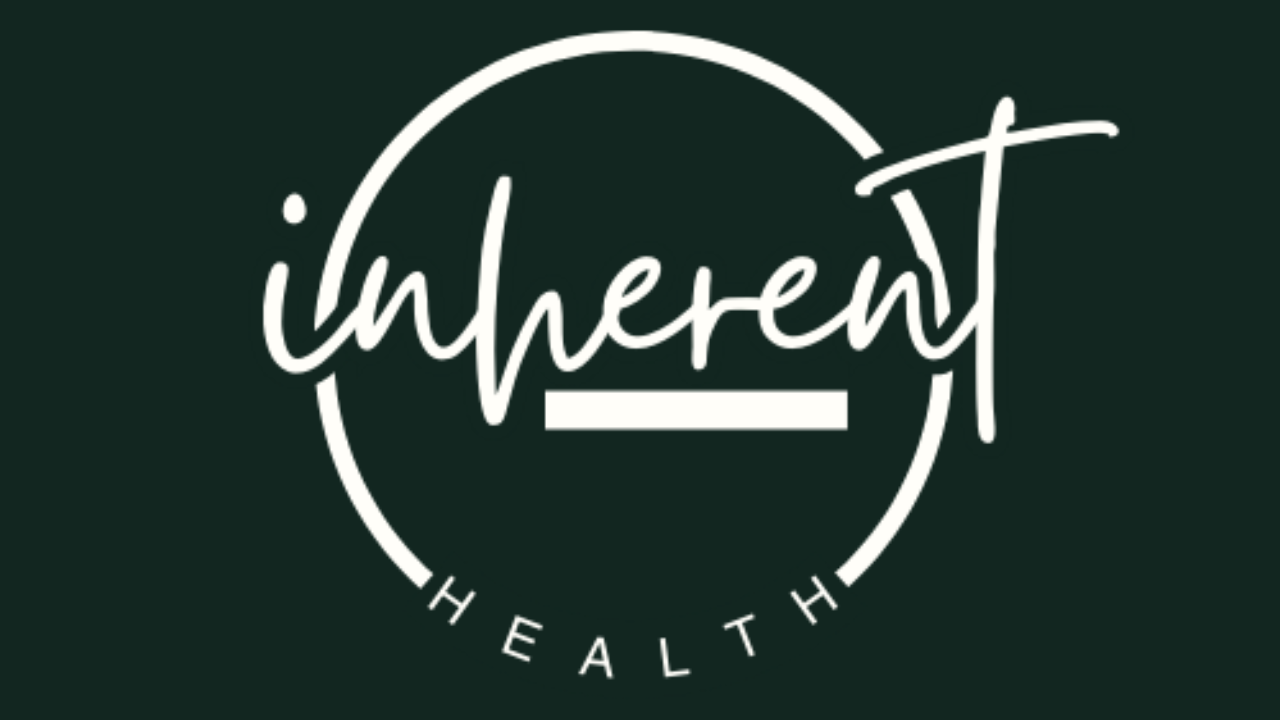Upstream
May 14, 2025
Children are not thriving. The statistics have become numbing.
- Approximately 1 in 10 kids has ADHD.
- Approximately 1 in 10 has behavior problems.
- Over 1 in 5 are obese.
- About 1 in 10 has been diagnosed with anxiety, and that number climbs to nearly 1 in 3 by ages 13–18.
- Around 1 in 36 children has autism.
- Nearly 40% of high school students report feeling persistently sad or hopeless.
- Roughly 1 in 3 teenage girls has seriously considered suicide, 1 in 5 has made a plan, and over 1 in 10 has actually attempted it.
If you're like me, you keep seeing these numbers. They follow you around. They're projected so frequently that they risk losing their meaning, becoming background noise—a low hum of despair and helplessness.
But there’s no use in pessimism. It’s a dead-end road.
What I do know is this: behind each number is a story. A child. Kids I see every day who are struggling—disconnected from others, from their own minds and bodies. Little creatures being robbed of the chance to grow into the big, beautiful lives they were meant to live. Conditioned in all the wrong ways. Saddled with baggage that, even with awareness and effort, will be nearly impossible to shed.
When you face a problem, you typically have two options: accept it or change it. Most things in life—especially those beyond your control—require acceptance if you want to find peace. But this? The state of childhood wellbeing in this country? This is unacceptable.
I won’t look away. I won’t build emotional calluses to protect myself from the pain I witness in my patients. And I’m not saying this because I think I’ll make a big difference. Honestly, I might not make any difference. But to accept this—to resign myself to it—would violate who I am. It would eat at me from the inside out.
So I have a choice: let the rot set in, or take action. To me, that’s no choice at all.
Action can of course take many forms. In moments I feel the least rattled by this crisis and gain an internal sense of stillness, one thought always comes to mind: we must look upstream.
“There comes a point when we need to stop just pulling people out of the river.
We need to go upstream and find out why they’re falling in.”
— Bishop Desmond Tutu
What’s upstream of kids? Parents.
Children aren’t thriving because parents aren’t thriving. And I get why. I’d be lying if I said I feel like I’m thriving every day. But I know this role. I know what it demands. Becoming a fit parent takes awareness, support, and training.
And on the day I’m actually writing this—Mother’s Day—I’m reminded of my not-so-secret weapon: the mother of my children.
I don’t know how exactly to define “thriving” as a parent. It’s not a destination—it’s a process. But somehow, my wife embodies it. The energy and love she brings to every interaction with our two boys blows me away. She shows up in a way I wish was natural for me, but the fact that she does what she does inspires me to learn, grow, and never give up.
So here’s to all the parents out there who weren’t “naturals,” but are willing to do the work.
Let’s take that first step. The one we may not want to take—but the one we know it’s time for.
"If more information was the answer, then we'd all be billionaires with perfect abs." -Derek Sivers
Simplify. Clarify. Act.
-Inherent Health-
Stay connected with news and updates!
Join our mailing list to receive the latest news and updates from our team.
Don't worry, your information will not be shared.
We hate SPAM. We will never sell your information, for any reason.
